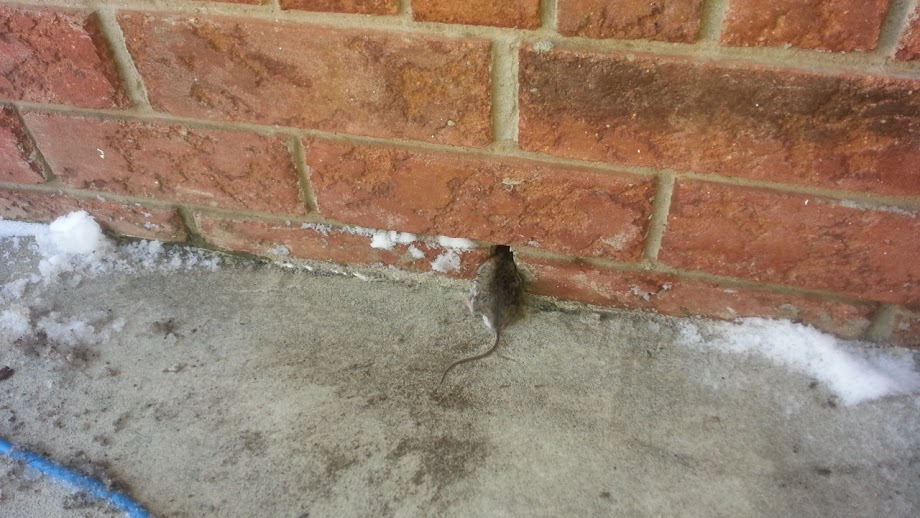What smells do mice love? What smells do mice hate? What are a mouse’s favourite foods? Knowing the answers to these questions may help you prevent a rodent infestation of your home. Just keep in mind that mice are omnivores and opportunistic feeders. In theory, anything edible could draw mice into your home. Fortunately, there are things you can do to prevent this.
Foods That Attract Mice
Mice are particularly attracted to sweet, sugary foods. In the wild, that means eating a lot of fruits and berries, but mice are also happy to eat any cookies, chocolate, or candy that they find. They also feed primarily on seeds, nuts, and grains, so they are attracted to breakfast cereals, especially those with plenty of sugar, as well as peanuts and sunflower seeds. They may be attracted to peanut butter by its strong smell and enjoy it because of the added sugar.
Mice locate food primarily by their sense of smell, which is very strong. Therefore, anything that has a strong aroma is likely to attract them, including garbage. Mice aren’t too picky about what they eat as long as their noses tell them it is edible. In fact, mice may even be attracted by house plants that would be inedible to humans. Contrary to popular belief, mice do not particularly like cheese, but if it has a strong smell, it is more likely to pique their interest.
Because mice are omnivores, they can also eat meat. They are more scavengers than predators, but they are happy to eat any meat that they happen to find. In fact, studies have shown that mice like meat more than cheese. Mice are therefore attracted to dog and cat food because of its meaty flavours and aroma. This is even more true if large amounts of pet food are stored somewhere that the dogs or cats rarely go, such as a garage or shed so that the predator’s smell is less evident.
How To Avoid Attracting Mice
Obviously, you can’t avoid eating to prevent a mouse infestation, nor is it practical not to store any food in your house. However, there are things you can do to avoid attracting mice. First, don’t store any food out on the counters unless it is in sturdy, airtight canisters made of metal, glass, or a similar material. Use the same kinds of canisters for storing food in your pantry. Don’t store food in the packaging it came in originally. Putting food in the refrigerator or freezer can also protect it from mice, even if refrigeration is not strictly necessary. Keep dry pet food in an airtight canister and refrigerate unused portions of wet pet food. Always clean up any remaining pet food after your dog or cat has eaten.
Second, keep a clean house. Take out the garbage regularly so the smell doesn’t draw mice inside. Put away food promptly after eating and clean up the counter and kitchen floors afterward. Sweep or vacuum other floors often. Confine eating in the kitchen or dining room so you don’t spread crumbs all over the house.
Third, block off entry points where mice might get in. This part can get tricky; mice can compress their bodies to squeeze through openings the width of a dime, so it is easy to miss potential entry points when you are looking for them to seal them off. Mice are good climbers, so you have to look high as well as low.
How Does Humane Mice Removal Work?
Mice removal in Vaughan from Skedaddle involves sealing off entry points, preventing any more mice to get in from outside. Then we search for the mice and carefully remove them by hand, returning them outside to their natural habitat. Find out more about the services we offer in your area.




